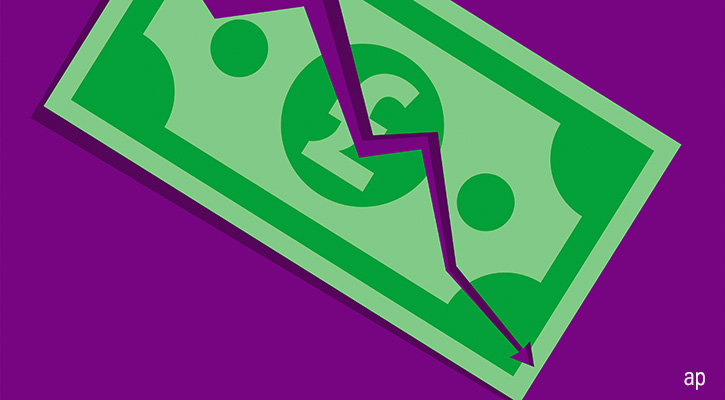
Something has definitely changed in the UK public conversation about crypto this year, even as the market itself is undergoing a serious shakeout. It’s already been an eventful year in terms of communication and yesterday we looked at the government's new approach, which can be summarised as "innovation then regulation".
Here’s a quick round-up of the 2022’s main news.
January: The year started with the news that we’re not getting a “Britcoin”, a Bank of England digital note, anytime soon. In January this year the House of Lords published a report on central bank digital currencies (CBDCs) with the provocative phrase in the title, “a solution in search of a problem?” which suggests the thinking of peers without needing to read the whole report. The conclusion: there’s no immediate need for a CBDC, or “Britcoin”, but the door remains slightly ajar for future changes. The report saw potential benefits for retailers and consumers, but these would be incremental rather than revolutionary:
“While the UK’s existing domestic payments system is secure and efficient, a CBDC system could spur innovation and competition in payments, but this would be in addition to those that are already taking place.”
It could spur further financial innovation that will have an effect on financial companies and customers, says AJ Bell analyst Laith Khalaf: “The digital currency would also almost certainly require a supporting infrastructure from the private sector in its interaction with customers, which would be an opportunity for fintech firms.”
The Lords’ concerns were cybersecurity and privacy. On the latter point, they feared greater state oversight over citizens’ financial lives – as opposed to the relative anonymity of cash. Your digital pounds would be held at the Bank of England, which would appeal to fans of safe haven assets, but less so for people who don’t want scrutiny of where they spend their money – and there’s nothing more centralised than holding financial assets with a country’s central bank.
March: Separately, the Bank of England has been looking at the threats and potential for digital assets for a while. In particular, its experts are looking at “stablecoins” as the asset class to bridge the gap between disruptive digital currencies and the financial status quo. These are purely digital assets but are linked to the value of stable reserve assets like the US dollar or gold.
The BoE published a report on March 24 in response to a discussion paper, launched in 2021, on “new forms of digital money”. It said: “Cryptoasset technology is creating new financial assets … The technology underpinning this innovation could bring a number of benefits, including lower transaction costs, higher payment system interoperability and more choice for users.”
This upbeat assessment is followed by an unspoken but: “Those benefits can only be realised and innovation be sustainable if it is undertaken safely and accompanied by effective public policy frameworks that mitigate risks and maintain broader trust and integrity in the financial system.” The Bank could become the "prudential regulator" for stablecoins in the coming years.
April: April 4 was a big day for those wanting to know the UK government’s stance on digital assets. It wants the UK to become a haven for digital payment companies, with the idea that stablecoins become an accepted form of payments. (Here’s a link to the whole report.) Naturally, the Treasury is keen to regulate them too.
A consultation on a range of digital currencies is due later this year. Perhaps libertarians may be suspicious of the new-found enthusiasm for stablecoins among central bankers and politicians – and crypto purists may argue that “stablecoins” aren’t true to the vision of Bitcoin’s founding father Satoshi Nakamoto.
(One aspect of April’s Treasury update that grabbed some attention was The Royal Mint launching its first non-fungible token (NFT) later this year – my colleague Andrew Willis explains what an NFT is in this article.)










:quality(80)/cloudfront-us-east-1.images.arcpublishing.com/morningstar/MNPB4CP64NCNLA3MTELE3ISLRY.jpg)

















